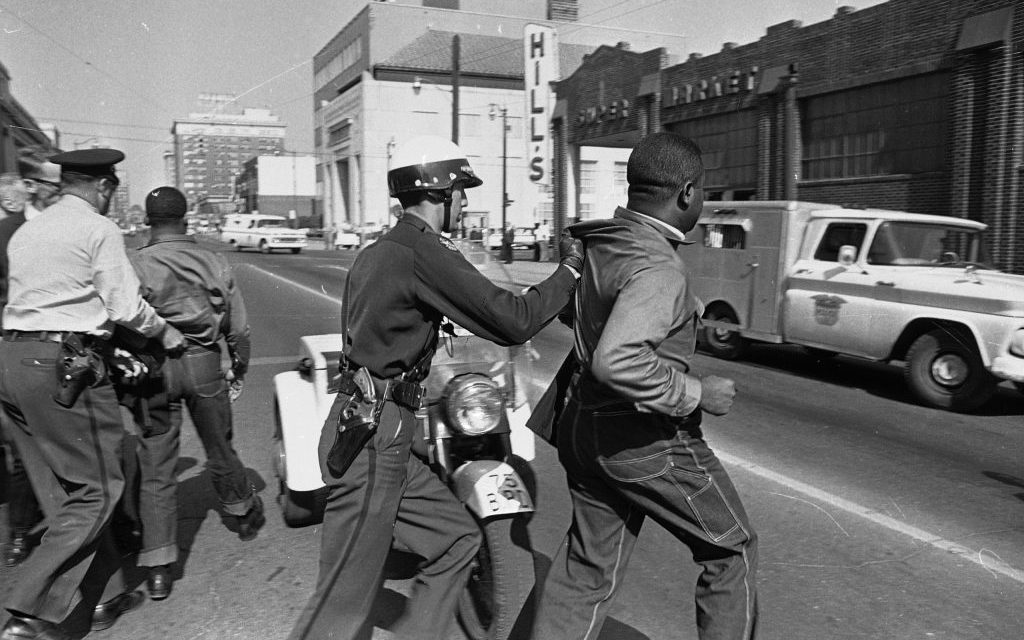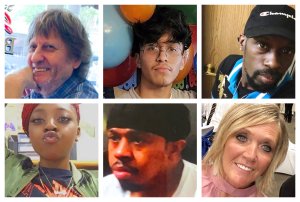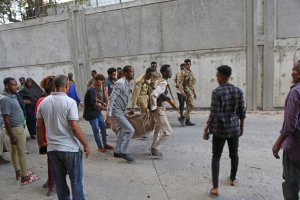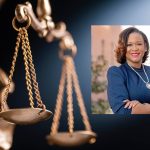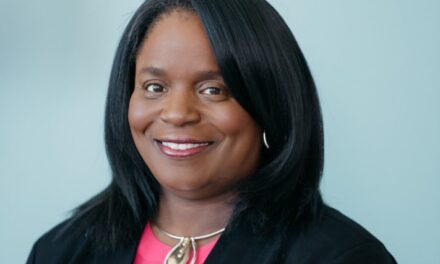By D. Kevin McNeir
Special to the AFRO
Those familiar with the countless biographies of the Rev. Dr. Martin Luther King Jr. often point to the “mountaintop” moments of his life: his matriculation to Morehouse College at the age of 15; becoming pastor of Dexter Avenue Baptist Church in Montgomery, Ala. in 1954; his rise to national prominence as the head of the Southern Christian Leadership Conference (SCLC); his success at the 1963 March on Washington where he delivered his “I Have a Dream” speech and his receiving the Nobel Peace Prize in 1964.

But while he has risen to almost saintly stature in American history following his untimely death at the age of 39 in 1968, King was also a highly controversial figure. For some–including many Black people– his civil rights activism and the philosophies he espoused were out of line. The stance he took on issues like voting rights, the Vietnam war and poverty were seen as dangerous and divisive.
In other words, as his ministry developed and he became the leader of the Civil Rights Movement, he would be viewed by a large swath of Americans as a “troublemaker.”
However, as Congressman John Lewis, who followed King and was inspired by his message often said, “When you see something that is not right, not fair, not just: say something, do something. Get in trouble, good trouble, necessary trouble.”
This week, the AFRO asked community leaders, elected officials and grassroots activists from around the Greater Washington Area how they view King’s legacy. Was he a man who evoked “good trouble” or was he merely a troublemaker?
To set the stage, recall what King said during his first speech as president of the Montgomery Improvement Association – the organization responsible for the Montgomery Bus Boycott that after more than a year of struggle, successfully caused the city to overturn its law of segregation on public buses.
“We have no alternative but to protest,” King said. “For many years we have shown an amazing patience. We have sometimes given our White brothers the feeling that we liked the way we were being treated. But we come here tonight to be saved from that patience that makes us patient with anything less than freedom and justice.”
Johnnie Scott Rice, 84, native Washingtonian:
“Dr. King was a good troublemaker. In fact, he didn’t make enough trouble if you ask me. In some cases, he was too nice. Like me and my siblings, both of my parents were born in D.C. and while we never wanted for anything, they were quick to tell us to always fight for what was right.
I guess you could say I’m a troublemaker too, because I’ve never been afraid to tell others what bothers me. For example, we’re still fighting for statehood in the District of Columbia and one day we’re going to win that fight. Personally, I was more in step with the views of Malcolm X who I knew and who I followed. Lest we forget, King was not the only leader in the fight for equality and justice.”

Joyce Robinson-Paul, 76, native Washingtonian, 20-year veteran of the Ward 5 ANC
“King was a good troublemaker. We need more of us to become troublemakers but with the caveat that we’re working toward making things better for the residents of D.C.
Dr. King deserves to be recognized and honored because he made good trouble. Those who followed his example, like John Lewis, showed us what we can achieve when we’re committed to the role of good troublemakers.
Lewis often helped us in the Shaw community, particularly in a battle that I took on 30 years ago. The playground which stands across the street from Dunbar High School was filthy, dilapidated and dangerous to the health of our children. In fact, it was once one of the dirtiest playgrounds in the city. I dedicated much of my life to making it a place where all children–Black and White– could play together safely.
It doesn’t take a lot of people to effect positive change. But it does take determination and commitment. Dr. King and John Lewis were both willing to stay the course despite the roads on which they traveled that were often deadly and treacherous.”

Attorney General of the District of Columbia Brian Schwalb
“As we pray for a peaceful transition of power on Jan. 20, I can’t help but think back on Dr. King’s messages to us. He was convinced that true peace also calls for the presence of justice. But because of his refusal to accept nothing less, he was often criticized and labeled as a promoter of violence. He was just the opposite. Recall his sermon, ‘When Peace Becomes Obnoxious.’
Peace without justice is no peace at all. In my job, I understand that the law stands at the intersection of justice and peace. Dr. King understood that we all suffer emotionally and physically in the absence of justice.”

At-Large D.C. Councilmember Robert C. White. Jr.
“The D.C. City Council has done an admirable job on addressing and resolving some of the easier challenges our residents face. But in this next session, I want us to take on the more difficult tasks.
We need to expand vocational training and provide citywide mentoring for our youth. We must address the soaring cost of housing. And it doesn’t really matter who is in the White House. Blacks have been through and survived harder times than these, so we know how to make a way out of no way. However, if we really want to improve life for our residents, we are going to have to pull and work together.
Dr. King was more than just the man with the ‘I Have a Dream’ speech. As he began to challenge and criticize the status quo more and more, he faced fierce opposition. But as history shows us, Dr. King was focused on good works. So, we bless the ancestors and honor the legacy of Dr. King.”

The Rev. Nathaniel Douglas, 44, spoken word artist and street preacher
“I am a servant of God with a different form of ministry because I don’t speak from behind a pulpit. I take my message out into the streets of Washington, D.C.
Like Dr. King, I have often been called a troublemaker. For a while, I even believed I was. But not anymore. Seeing how our people continue to be oppressed and denied equal rights, I remain convinced that we must stand up to the government and to our elected officials and voice our concerns.
We are called to lift up and to protect our communities. It is up to us to pick up where Dr. King left off. It’s not enough to simply duplicate his greatest moments of acceptance.”
The post Breaking all the rules: A look at Martin Luther King ‘the troublemaker’ appeared first on AFRO American Newspapers.

